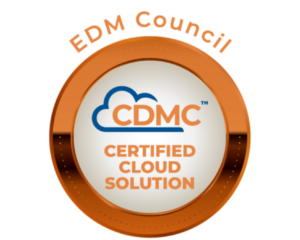Discovery-in-Depth
Discover all sensitive and personal information of CA residents — wherever it is stored across the enterprise.
The California Consumer Privacy Act (CCPA) protects the personal information of California consumers and requires that all organizations handling California resident information take responsibility to safeguard consumer data.
The CCPA requires that companies meet higher accountability standards for data collection and processing — and account for any data that can be linked, associated, or related to California residents. Read more on CCPA complience checklist.

The CCPA aims to put data rights back into the hands of consumers by requiring that companies provide them with specific rights over their data. These rights for consumers include:
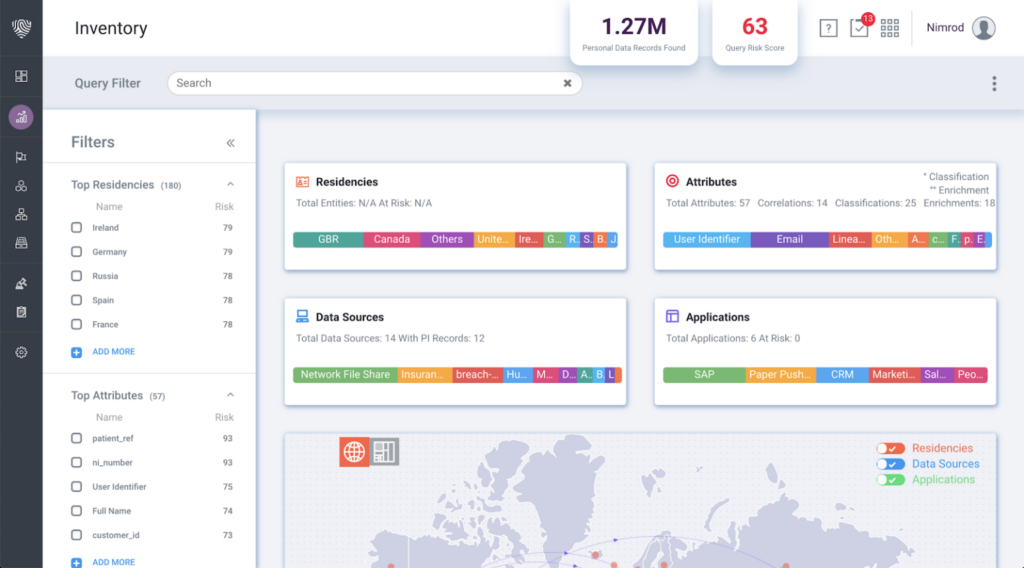
The CCPA regulates the personal information, which it defines as “information that identifies, relates to, describes, is reasonably capable of being associated with, or could reasonably be linked, directly or indirectly, with a particular consumer or household.”
Personal information includes both direct identifiers like social security numbers — as well as inferred identifiers, which may include anything from geolocation history to shopping patterns to biometric data.
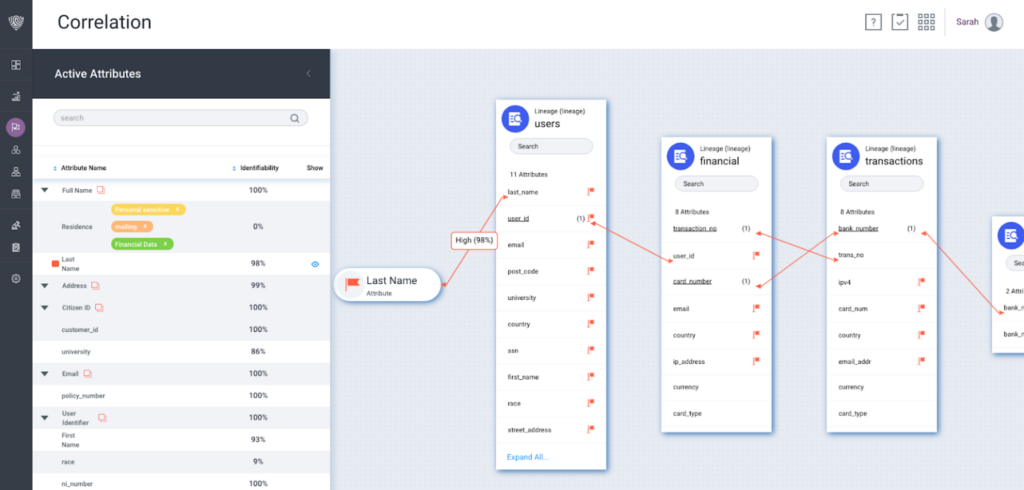
The CCPA is modeled off of the European Union’s General Data Protection Regulation (GDPR) and borrows many of its core principles from that regulation — including a similar definition of personal information (under CCPA) and sensitive personal information (under GDPR).
The two regulations differ meaningfully when it comes to their scope — CCPA protects consumers who are California residents — and GDPR protects “data subjects” within the EU, regardless of their residency.
The GDPR also requires that users give clear consent before personal data is collected and processed about them, and CCPA requires that businesses empower users with the ability to opt out.
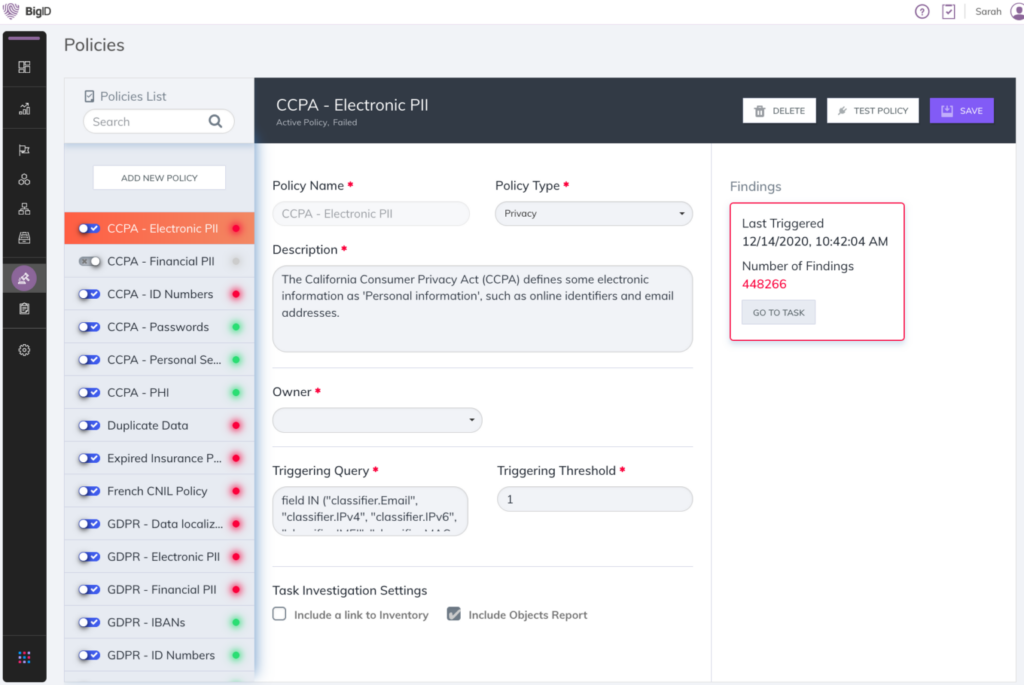
The CCPA is designed to transform how covered companies interact with customer data — and establish new penalties and liabilities for the personal information they collect, sell, and disclose.
Under CCPA, the California Attorney General can levy penalties based on privacy violations and data breach notification requirements in the amount up to $7,500 per violation, and up to $750 in civil damages per user.
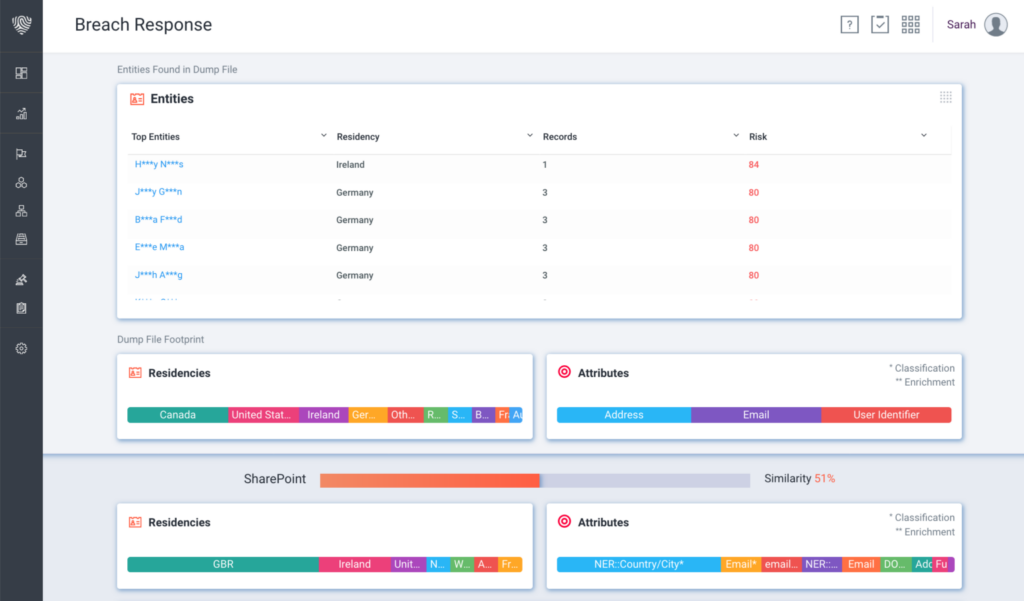
The California Attorney General’s office enforces CCPA and issues penalties for violations.
The CCPA also grants explicit rights for individuals to file claims for privacy loss or compromised identities — and includes a private right to action limited to data breaches.
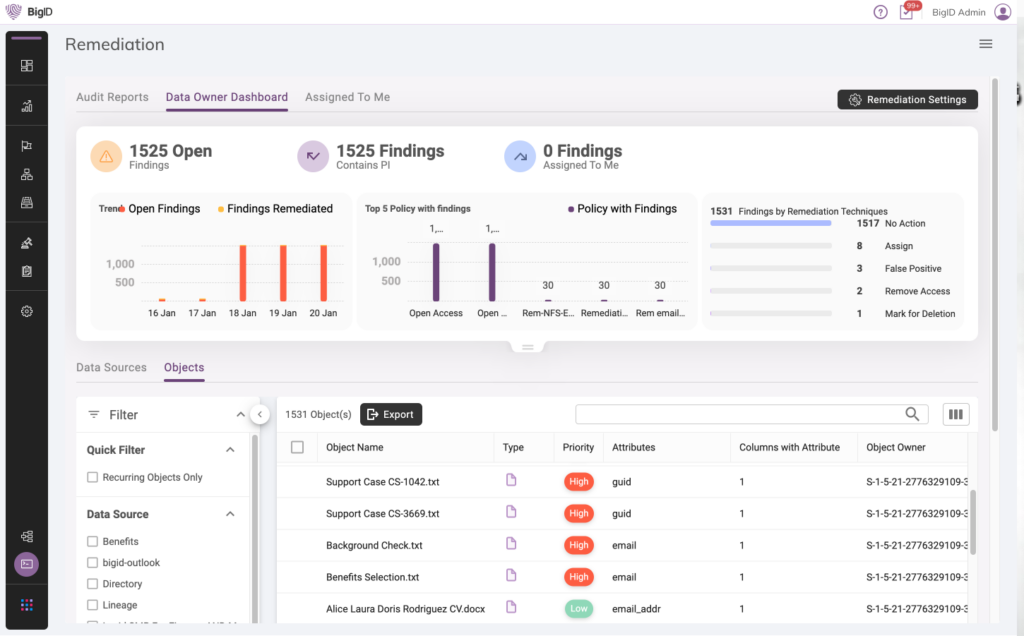
Discover all sensitive and personal information of CA residents — wherever it is stored across the enterprise.
Data classification re-imagined for the modern data landscape — for all data, everywhere.
Automatically establish how identifiable data relates to a California consumer’s identity — and uncover data relationships.
Manage, monitor, and validate data processing and sharing activities across your entire data environment.
Automatically generate individual consumer reports, including specific attributes and categories of information collected, sold, and disclosed.




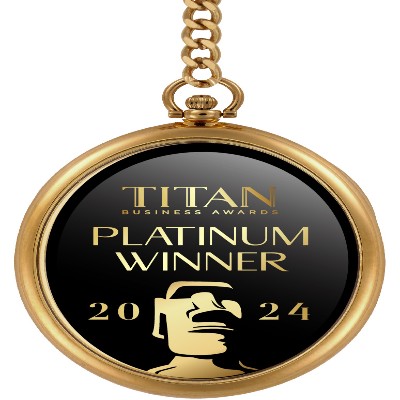


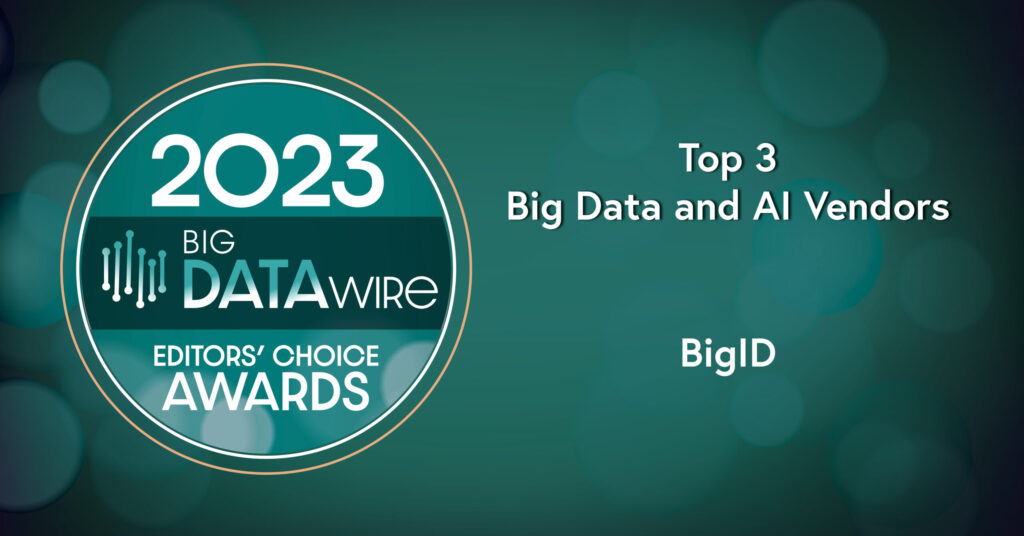


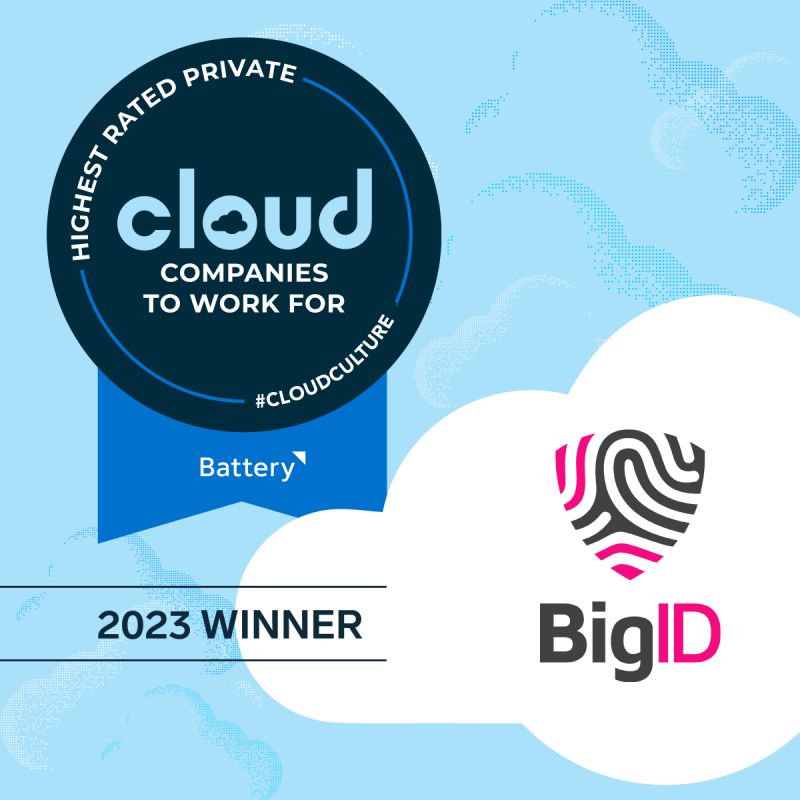

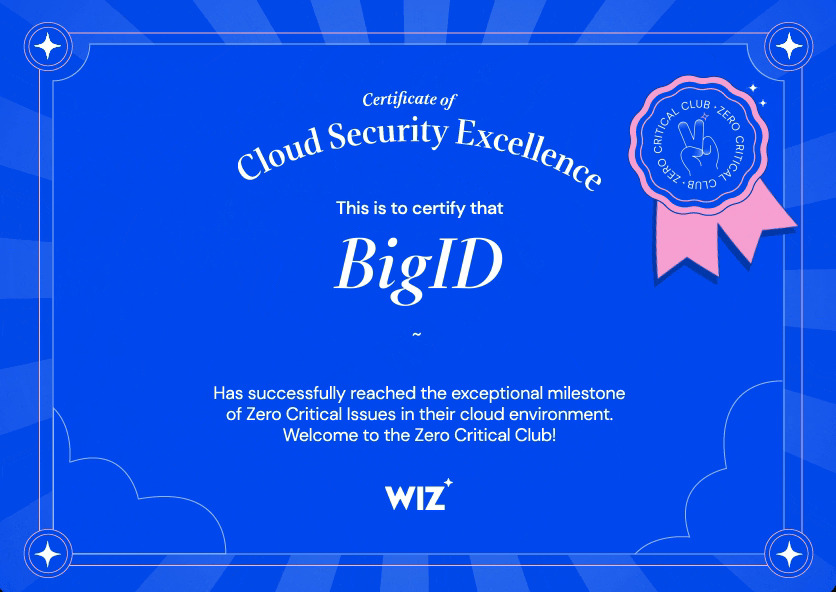











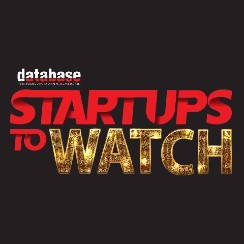






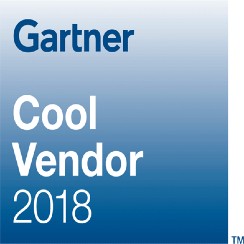










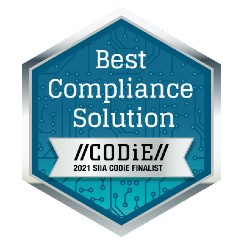















Get a custom demo with our data experts in privacy, protection, and perspective – and see BigID in action.






